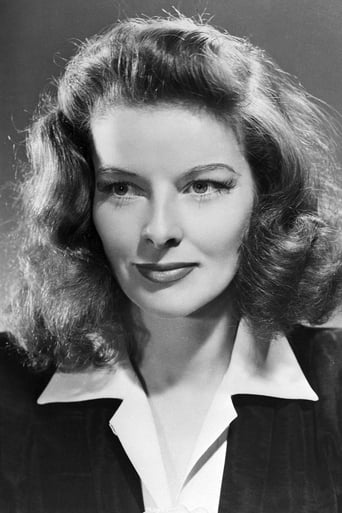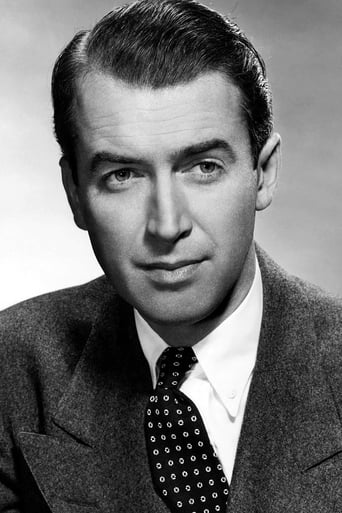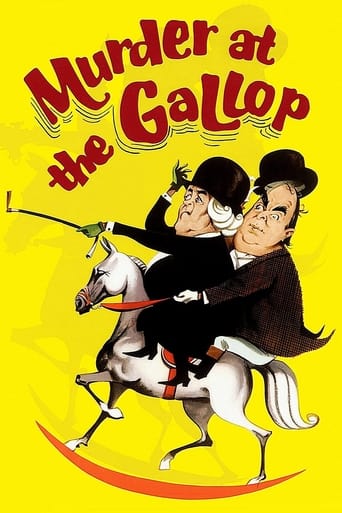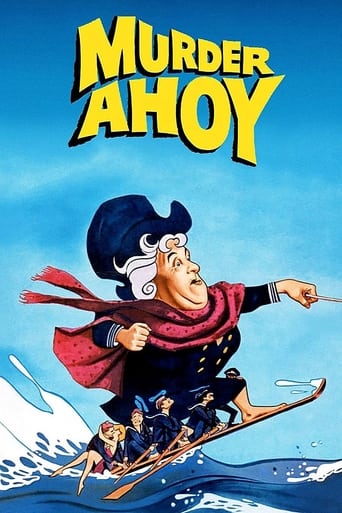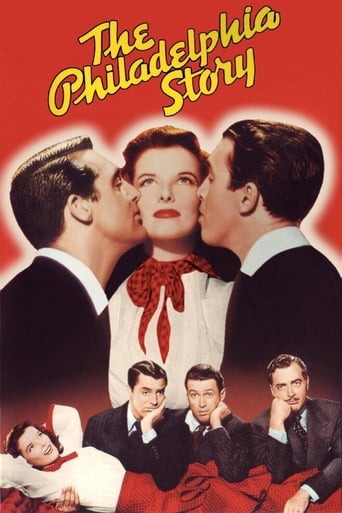
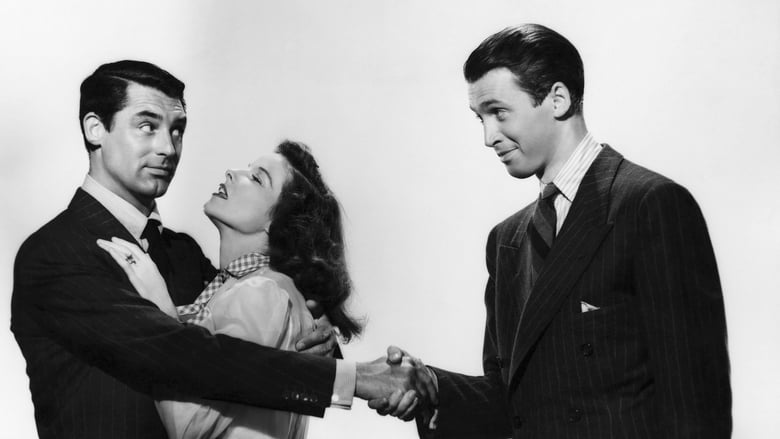
The Philadelphia Story (1940)
When a rich woman's ex-husband and a tabloid-type reporter turn up just before her planned remarriage, she begins to learn the truth about herself.
Watch Trailer
Cast
Similar titles
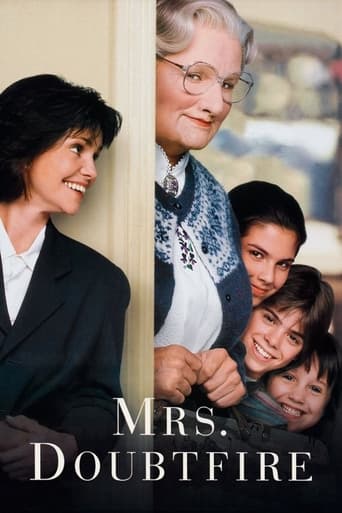
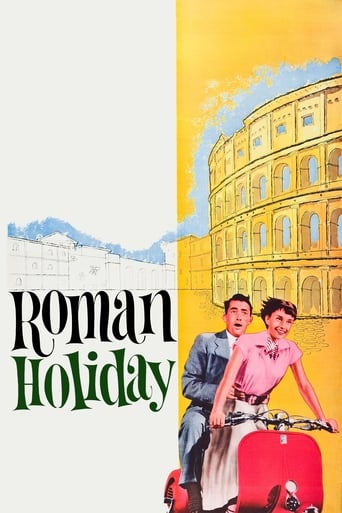
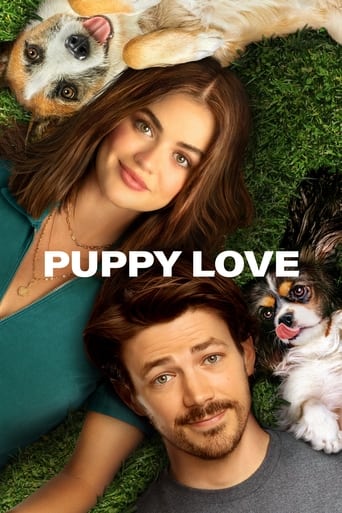
Reviews
The Worst Film Ever
Overrated
It is a performances centric movie
Bad Acting and worse Bad Screenplay
What a delightful movie this is - loaded with star power, clever dialog, and a script that keeps us guessing. The first scene, where Cary Grant is shown leaving his wife Katharine Hepburn with no words spoken, sets the tone. As Hepburn plans to remarry, Grant seeks to get revenge on her by sneaking a reporter (Jimmy Stewart) and photographer (Ruth Hussey) into her home on the wedding weekend. Stewart is brilliant in the role from beginning to end. He's upset over being there in the first place, as he's a serious writer who has been asked to write a trashy tabloid story, and he's not a big fan of the well-to-do either. The scene early on where he examines the silver, thinking he's alone, and is confronted by the butler, is hilarious. Later he dials up another room within the home at random and says "This is the bridal suite, would you send up a couple of caviar sandwiches and a bottle of beer?" When asked who he is, he then says "This is the voice of Doom calling. Your days are numbered 'til the seventh son of the seventh son," before hanging up. He has other comic scenes early on, including asking the librarian "Dost thou have a washroom?" after sensing her formality.I just loved how the film wrong foots us, as we expect it to go in a direction of these two being undercover spies with all sorts of similar antics throughout the weekend. Instead, Hepburn immediately sees through the ruse, and proceeds to hilariously torture the pair with questions of her own. Along the way an uncle will be assigned the identity of the father, only to have the father show up unexpectedly himself. Hepburn's much younger little sister (Virginia Weidler) is part of the fun, at one point going up to the piano with a gleam in her eye, and busting out a raucous tune: "Lydia, oh Lydia, say have you met Lydia? Oh Lydia, the tattooed lady. She has eyes that folks adore so, and a torso even more so..."Throughout all this madcap chaos, the script is fast-paced and clever. For example, in response to her mother asking if there's no privacy anymore, Hepburn quips, "Only in bed, mother, and not always there." I also loved it when she referred to the poet Li Bai at one point: "There was a Chinese poet who was drowned while trying to kiss the moon in the river. He was drunk....but he wrote beautiful poetry." More importantly, there are observations on character and love. The father (John Halliday) tries to explain an older man's attraction to a younger woman, and even though he seems like a rake, there's something to what he says. The film takes a serious turn when he and Grant both say some devastating things to Hepburn about her insensitivity, and the hurt in her reaction shows her acting prowess. With all of that said, I think it was really Jimmy Stewart who really made this movie special with two wonderful scenes. The first is where he's drunk and goes over to Grant's place, which is an absolute classic. The scene was unrehearsed, what we see was the first take, and it includes a couple of improvisations - Stewart hiccupping, and Grant quipping "Excuse me." The look in Stewart's eyes really make us feel that he's drunk, and that we're getting a glimpse at two friends (the actors themselves) having fun. In fact, the way Stewart looks at people throughout the movie - the butler, the librarian, Grant, and Hepburn - is just fantastic, and still makes me smile thinking about it.The second amazing scene is when he and Hepburn (who's also drunk) realize they're in love. "A magnificence that comes out of your eyes, in your voice, in the way you stand there, in the way you walk. You're lit from within, Tracy. You've got fires banked down in you, hearth-fires and holocausts," he says. She answers, "I don't seem to you made of bronze?", a reference to one of the cruel things that's been said to her, and he responds, "No, you're made out of flesh and blood. That's the blank, unholy surprise of it. You're the golden girl, Tracy. Full of life and warmth and delight...". When he kisses her, she emits a beautiful "golly," and later, before they dash off across the lawn, she says "put me in your pocket, Mike." It's a wonderful, romantic scene. Oh, and I should say, the lines they say to each other earlier in the evening - "Hello you... You look fine", "I feel fine" are just lovely too. It's for that reason that I have to say, I was a bit disappointed in Hepburn's choice at the end. The evening before she does say "The time to make up your mind about people is never", and it is in the spirit of a reconciliation which grows, but just doesn't feel right. Aside from her feeling the blame for her ex-husband's alcoholism (the nerve of her not understanding him better!), the real passion and chemistry is with Stewart. With that said though, it's a delightful movie, and the story behind its making and Katharine Hepburn's resurrection is a real testament to her intelligence.
6 counts of unwanted sexual advancements/harassment/sexism/violence against women which is completely unacceptable. I can't help but think people watching this movie at the time must have laughed, thought it was acceptable and have perpetuated the behaviour they saw on screen, or perhaps this movie was just a reflection of what was already deemed to be acceptable in society. Either way, it's never appropriate, yet it is still prominent in movies nearly 80 years later.The little sister Dinah was played well. Some lines I chuckled at, especially Hepburn's, but no belly laughs. A twist on the traditional love story, but still a pretty feeble plot line. After the first half I got very bored and was simply waiting for the film to end. Well, at least I've seen it now.
In the past I must have seen The Philadelphia Story (1940) 3 or 4 times, and last night (5/14/16) saw it again on a local PBS station that shows classic films on Saturday evenings from 9 pm - 11 pm. That station broadcasts in 1080i and the black & white print was flawless and spectacularly clean. A very funny off-color line (pun intended) was spoken early in the film that caught me so completely unawares that I could not stop giggling about it for the rest of the film. If this line was in my previous viewings of this film then I was either talking over it, somehow distracted, or it just wasn't there, since I have absolutely no recollection of ever having heard it before. The line: As Elizabeth Imbrie (Ruth Hussey) and Macaulay Connor (James Stewart) enter the manse for the very first time the butler is instructed to show them into the "south parlor". As the couple enters the splendidly decorated "south parlor", Elizabeth with her back to the camera, is heard saying: "Gosh, I was expecting to see pickaninnies and banjos!" Elizabeth's line is obviously making fun of the fact that the mansion is so large that it may have parlors at each compass point and that they were being shown into one of the lesser parlors because, as reporters, they are initially viewed as unwelcome riffraff by the Lord family. By today's standards this is obviously a non-PC line and can be easily hushed from the soundtrack since Elizabeth is facing away from the camera when she says it. Though I can understand why well-meaning presenters of this film would hush that line, I think that it's presence is important -- and should always be kept in -- because it underscores the insular higher society in which the story takes place, a society so high that even the servants are white, and there are enough parlors in some mansions to accommodate folks from various societal strata if need be. Apparently the studio considered using a real mansion on an 800-acre estate near Philadelphia but decided against doing so because the mansion was determined to be so mindbogglingly luxurious that typical theater goers would not believe that anyone in America actually lived that outrageously well in the 1940's.
The Philadelphia Story (1940): Dir: George Cukor / Cast: Katherine Hepburn, Cary Grant, James Stewart, Ruth Hussey, John Howard: Hilarious romantic comedy about modern romance within the high class. Katherine Hepburn plays a high society woman who is engaged but her ex-husband appears thus making everyone uneasy. James Stewart plays a reporter whom Hepburn becomes smitten with. While very funny with a variety of personalities director George Cukor expertly presents elements of class and lifestyles. Cukor previously made a version of Romeo and Juliet as well as Camille and The Adventures of Tom Sawyer. This is one of his best films. Hepburn is wonderful as a woman seeking real romance and perhaps feels that her engagement to the strict and traditional John Howard isn't what she was seeking after all. She indulges in her free spirit guilt of romance thus placing her in the glaring eyes of sophistication. Cary Grant is hilarious as meddling ex-husband. James Stewart steals scenes as the reporter who spends a drunken evening with Hepburn. Ruth Hussey is superb as his photographer. John Howard plays the potential groom whose love life is about to unravel with two other suitors. It regards marriage and romance but also positioning one's economic status. One could easily observe that in the end, that is what makes news, isn't it? Score: 10 / 10


